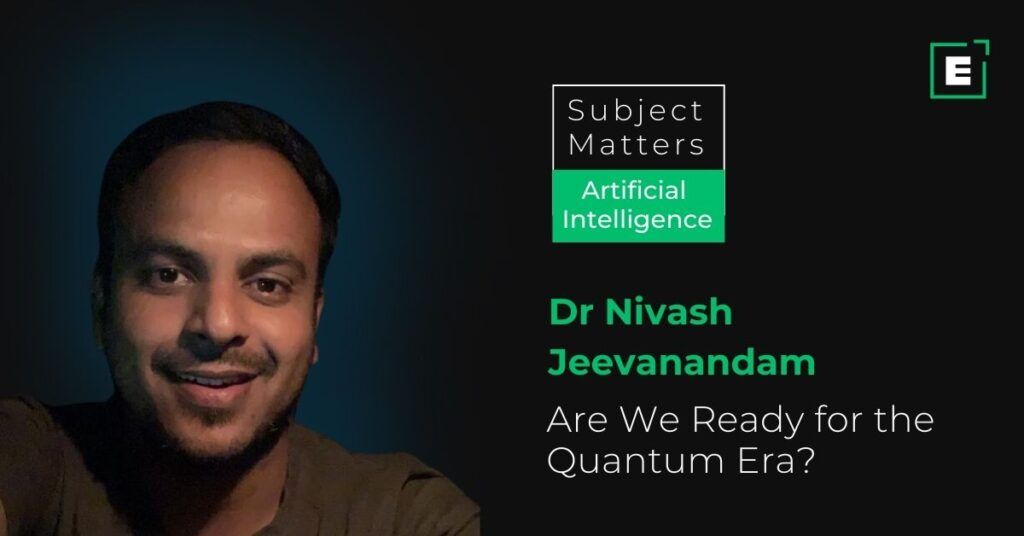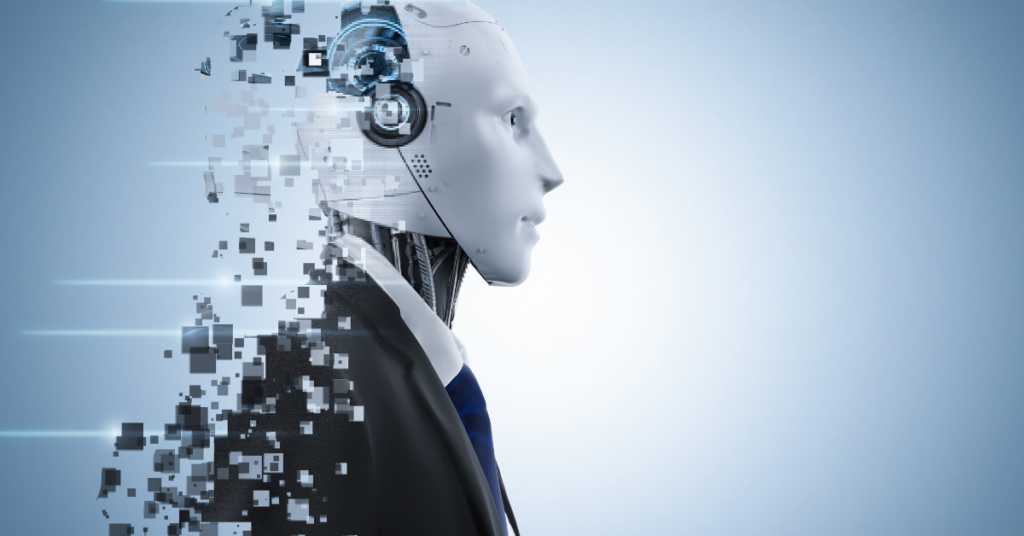Harvest Now, Decrypt Later: How Safe is Our Encrypted Data?

Hackers are increasing their “harvest now, decrypt later” attacks to decipher enormous volumes of encrypted data once quantum computing becomes mainstream. Most people worry that quantum cryptography breakthroughs could crack powerful encryption methods and decrypt all encrypted data.
However, a quantum-cryptographic development is optional for improving the decryption technique; any attack enabling decryption would do. Since some data stored now may still be sensitive even after decades, this technique has raised concerns about the need to immediately deploy post-quantum cryptography, even though no effective quantum attacks exist.
What is Harvest Now, Decrypt Later Strategy?
The surveillance strategy of “harvest now, decrypt later” (also known as “store now, decrypt later” or “retrospective decryption”) involves the long-term storage of encrypted data that is currently unreadable in the hopes that future advances in decryption technology will make it readable.
Although quantum computers are still in the research and development stage, they threaten encrypted data now. Due to the promising future of quantum computing for decrypting cryptographic keys, fraudsters are ramping up so-called “harvest now, decrypt later” assaults to store massive amounts of encrypted data for eventual decryption.
ALSO READ: What is AI Singularity: Is It a Hope or Threat?
 Who Does this Harvest Now, Decrypt Later Operations?
Who Does this Harvest Now, Decrypt Later Operations?
Harvest now, decrypt later operations are typically carried out by high-profile hackers and directed at state actors, the military, significant corporations, and other highly valued targets, as opposed to the typical cybercriminal seeking a quick buck. However, scientists predict that as quantum computing advances, the need for decrypting encrypted data will increase, as will the number of potential victims.
Theft of encrypted data might occur during transmission or after it has been stored. It calls for a focus in both directions. A virtual private network (VPN) is adequate technology for transmission as it encrypts data in transit. However, more is required than present encryption for post-quantum cybersecurity.
Why Quantum Computing?
Quantum computing is generally seen as the future of AI. Countless possibilities can be handled in parallel by quantum computers. However, quantum computing is in its infant stage at the moment. Maintaining their quantum state, also known as coherence, is difficult for today’s quantum computers due to their small qubit count. It is restricting the computational tasks that can be carried out.
Benefits of Quantum Computing Over AI
Recent research by the Boston Consulting Group concluded that generative, foundational, and horizontal AI has the potential to create a market opportunity of $50 billion to $100 billion, with an effect on virtually every industry. According to BCG, Automotive AI algorithms and fraud and money laundering prevention are potential multi-billion dollar markets.
- Quantum computers are millions of times faster than traditional computers.
- The value of the quantum computing market is expected to reach $64.98 billion by 2030.
- Technology behemoths like Microsoft, Google, and Intel are in a race to be the first to market with practical quantum computing capabilities.
ALSO READ: Human Intelligence vs. Artificial Intelligence: What are the Top Differences?
 How Quantum Computers are Beneficial for AI
How Quantum Computers are Beneficial for AI
- Quantum computers have the potential to perform data processing at a far higher speed than classical computers. AI systems will be more capable of learning and evolving. Algorithms may find it simpler to take advantage of correlations between variables if quantum entanglement is used.
- AI algorithms benefit from quantum computers because they can solve complicated optimization issues that classical computers cannot. Since quantum computing does not adhere to the rules of traditional physics, it has the potential to usher in a new era of artificial intelligence that surpasses anything we have seen before.
- It can aid in the solution exploration phase of many AI applications, including planning and scheduling.
- Quantum computing facilitates rapid iteration and scaling in the development of AI architectures.
- These computers can do computations that classical computers cannot, paving the way for creating novel AI systems.
- Quantum annealing allows quantum computers to solve issues that traditional methods cannot tackle. Quantum computers can double-check the accuracy of AI algorithms’ output to eliminate any room for error.
- AI systems can benefit from the robust simulation capabilities of quantum computers. This allows them to learn quickly and be better prepared for real-world scenarios. Unlike classical neural networks, quantum computers are not prone to catastrophic forgetting of previously learned information. It makes them better at lifetime learning since they can learn new skills without relearning old ones.
- Sensitive information can be encrypted using quantum computers by AI systems. In addition, cybercriminals can be stopped with the help of parallel processing. Quantum computers, in contrast to classical ones, can be in more than one state at once, allowing them to discover more efficient algorithms.
Will Quantum Computing Lead to Massive Data Theft or a New Future?
On the one hand, there is a chance that quantum computers will emerge within a few years and be capable of breaking all existing data encryption in minutes. On the other hand, quantum computers that can decrypt anything in an acceptable period will never exist in our lives. Understanding your risk is critical.
However, there is still a long way to go before quantum computing can be used in the real world. It will take some time for quantum computers to reach a level of maturity where they can be widely used in AI. Until then, we may concentrate on making the most of our current AI tools. Meanwhile, continuing to investigate quantum computing’s intriguing potential.
Write to us at content@emeritus.org
NOTE: The views expressed in this article are that of the author and not of Emeritus.





